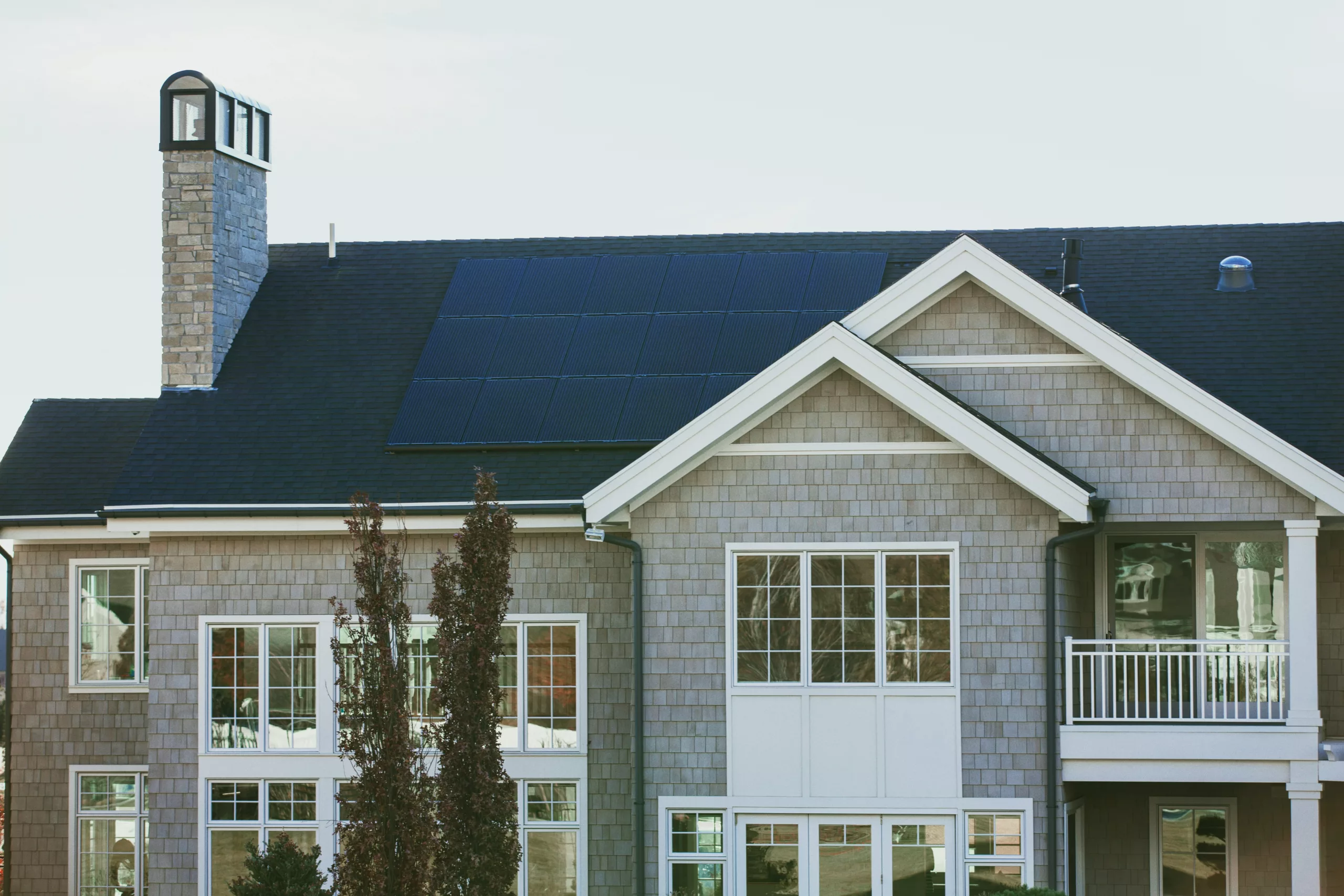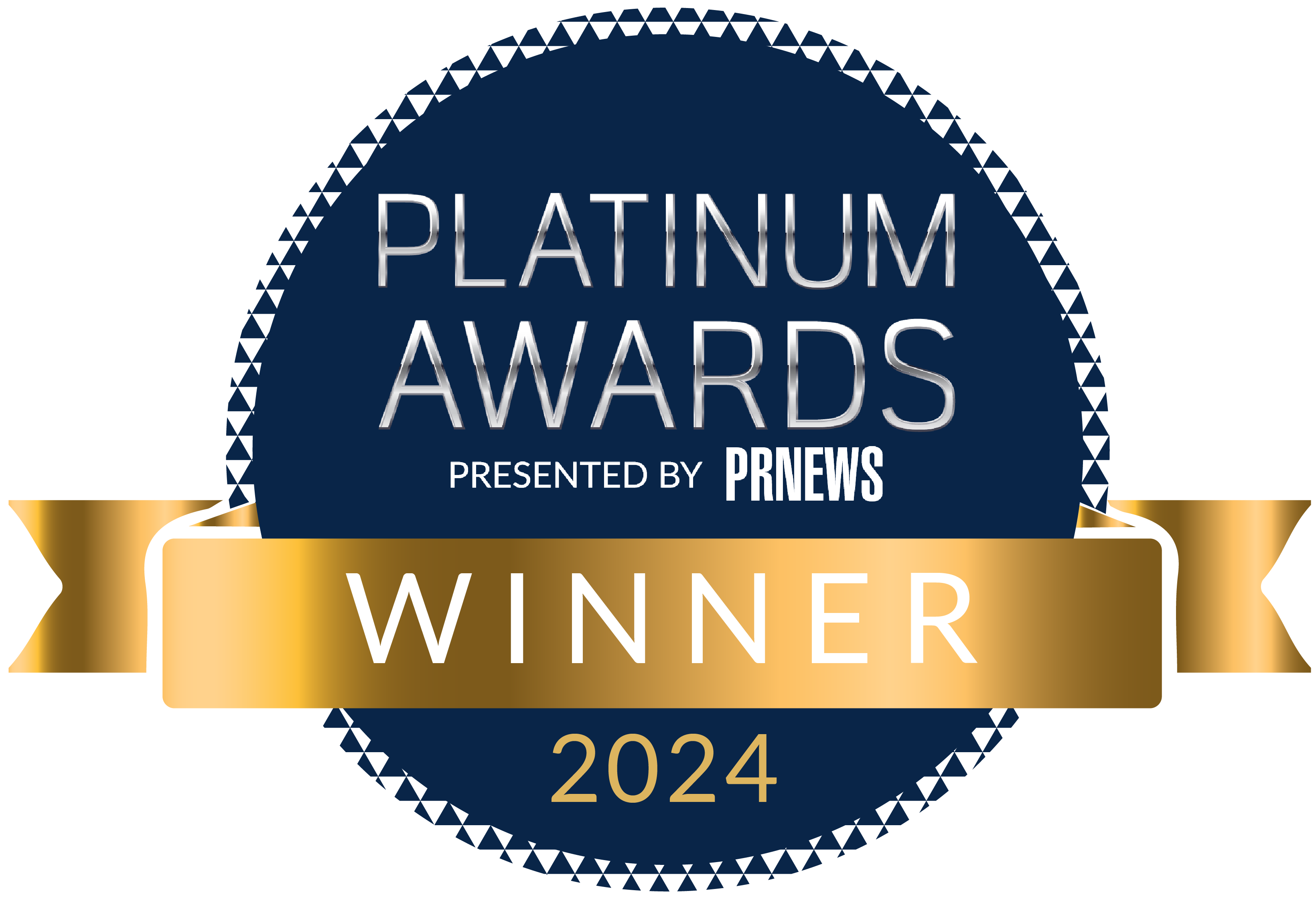Improving home energy efficiency can help reduce your electricity needs and carbon footprint, as well as the monthly debits in your bank account. As we continue to make developments in home energy efficiency, programs offering tax credits and rebates have increased in availability and impact, providing a reward to homeowners seeking to fight climate change and save month.
Heat pumps, solar power panels, thermal-bridge-free design, airtight building envelopes, and climate-appropriate insulation levels are a few of the many solutions needed to address energy efficiency in homes. Given FischTank PR’s deep experience working at the intersection of climate tech, construction/real estate and consumer tech – we stay immersed in all things related to your home and its sustainability features. The articles below highlight the current trends in the market and provide insight into home energy efficiency solutions and related tax programs.
New Home Energy Audit Tax Credit: up to 30 % of the total cots by doing this at home – ECOticias
“The Home Energy Audit Tax Credit is a federal tax credit that allows homeowners to claim up to 30% of the costs of a qualified home energy audit, up to $150. This tax credit was retroactively extended through 2021 under the Consolidated Appropriations Act of 2021.
The purpose of the credit is to encourage homeowners to assess the energy efficiency of their homes in order to identify areas for improvement. A professional home energy audit will inspect the home and evaluate things like insulation, air leaks, heating and cooling equipment, lighting, appliances, and more.”
How to Get Valuable Home Energy Tax Credits – U.S. News
“You can get tax breaks for installing energy-efficient windows, doors, and cooling and heating systems, and even bigger breaks for installing solar panels and water heaters – and making other major changes.
The Inflation Reduction Act significantly increased the benefits for energy-efficient home improvements for 2023 through 2032. Here’s what you need to know about taking advantage of those benefits at tax time.”
Commercial Rooftops Are the Next Frontier for Energy Efficient Heat Pumps – CNET
“A key way to make heating less energy intensive and reduce fossil fuel emissions? Develop technologies that can heat large buildings more efficiently, like heat pumps. That’s the focus of an accelerator program announced Wednesday by the Department of Energy.
DOE’s new Commercial Building Heat Pump Accelerator program is challenging manufacturers to build better rooftop heat pumps that can replace the less-efficient heating and cooling technology currently sitting atop warehouses and stores near you. It’s similar to a DOE challenge to make heat pumps work more efficiently in cold weather, which would help reduce the reliance of Americans in colder areas on fossil fuels like gas and oil. “
A Consumer’s Guide To Rooftop Solar & Home Energy Storage – CleanTechnica
“Homeowners must navigate a quagmire of complicated policies to determine whether the energy savings from rooftop solar panels or battery energy storage systems (BESS) are worth the high upfront cost.
To help homeowners tackle this tangle of information, PNNL researchers Jessica Kerby and Bethel Tarekegne published an open-access guide to rooftop solar and BESS in Renewable Energy Focus. The team compiled and analyzed utility rates, net metering policies, installation costs, financial incentives and more for both consumers who are interested in installing renewable energy systems and for energy justice and clean energy advocates.”
Why industry is blocking the push for more energy efficient homes – The Washington Post
“Across the country, the home-builder lobby is mobilizing its 140,000 members against state and local efforts to save energy and ease the transition to cleaner technologies, such as wiring homes to support electric car charging. Since poorly designed and insulated buildings tend to leak and waste energy — one reason homes account for nearly one-fifth of U.S. greenhouse gas emissions — climate advocates say the home builders’ repeated victories will have a lasting impact, locking in practices that could hurt consumers and the planet for decades.
There’s no debate that boosting the energy efficiency of new homes often increases upfront costs, but the builders appear to be inflating the numbers. A federal study found that North Carolina’s proposed code update would have added at most about $6,500 to the price of a newly built home, not $20,400. According to the analysis, these changes would have paid for themselves through lower power bills and, during the first year alone, reduced carbon dioxide emissions by the equivalent of taking 29,000 cars off the road.
Some green builders — including members of the North Carolina Home Builders Association — are frustrated by the industry’s tactics.”
Solar Tax Credit By State 2024 – Forbes Home
“To qualify for the federal solar tax credit, the taxpayer must own the solar energy system. Those in a lease or a power purchase agreement (PPA) with the solar installer aren’t eligible for the tax credit, as they aren’t considered system owners. Additionally, the taxpayer’s tax liability has to cover the amount of the credit. Any remaining credit can carry over to subsequent years if the full amount isn’t met in that year’s tax bill.
Congress implemented the Inflation Reduction Act in 2022, which brought several significant changes to the solar tax credit. Most notably, it extended the timeline to 2035 and increased the credit amount from 22% to 30% through 2032. Those who installed a system in 2022 and haven’t claimed the credit yet can increase their credit amount to 30%.
Another key change was the expansion of eligible equipment to include energy storage devices with a capacity rating of 3 kilowatt hours (kWh) or more, including standalone storage. The U.S. Department of Energy strongly recommends pairing these storage devices with solar systems for enhanced benefits and energy capabilities.”
Claim Your Share Of Billions In Home Energy Rebates And EV Tax Credits – Investor’s Business Daily
“Home improvements and electric vehicles provide the opportunity for Americans to take advantage of billions of dollars in home energy rebates, savings and tax credits.
The landmark Inflation Reduction Act, enacted in August 2022, set aside $400 billion in federal support for clean energy and to help fight climate change, including $8.8 billion for home energy rebates.
The rebates, which include home efficiency and home electrification and appliance rebates, put money directly back into your pocket. They can help lower energy bills and save on home improvement projects.
While the rebate programs are still rolling out across the states, substantial tax credits are available now — right in time for tax season.”
Is this the most energy efficient way to build homes? – MIT Technology Review
“The 1978 Saskatchewan Conservation House, a cedar-clad trapezoid that cut energy usage by 85%—and helped inspire today’s globally recognized passive-house standard for building design.
Passive design focuses on the exterior, or envelope, which needs to be tightly insulated to avoid allowing heat out or unwanted heat in. This means using thick thermal insulation and high-quality, often triple-pane windows, which let in the sun’s light and warmth but keep heat from escaping.
Heat loss (and, in warm weather, gain) through standard windows necessitates 25% to 30% of residential energy use. Construction also eliminates thermal bridges, or breaks in the envelope or insulation that allow heat to drain out.”
$5.8 million in grants awarded for Alabama home weatherization program – ABC 3340 News
“The Alabama Department of Economic and Community Affairs (ADECA) announced Thursday Gov. Kay Ivey awarded grants totaling more than $5.8 million to agencies that help low-income residents lower their energy costs by weatherizing their homes.
ADECA said the grants support Alabama’s Weatherization Assistance Program, which provides funds to improve the energy efficiency and safety of qualifying homes.
The department said priority is given to people with disabilities, the elderly and low-income households with children.The grants were awarded to 13 community state agencies that manage the program at the local level and accept applications from individuals seeking assistance.
Common improvements include installing extra insulation in the attic, walls and floor; sealing air leaks around doors and windows; repairs or tune-ups for air conditioning and heating units; and replacing incandescent light bulbs with high-efficiency bulbs. In addition to lowering energy bills, the improvements can reduce the risk of fire and other hazards.”
How a Virginia company is helping homeowners navigate energy efficiency – and add up the rewards – Energy News Network
“In his quest for a net-zero emissions house, Tim Leroux has already achieved gold status. But he’s not content to rest on those energy-efficiency laurels.
The Albemarle County homeowner is itching to reach platinum. And he believes a heat pump upgrade will eventually punch that ticket.
For guidance, the healthcare risk manager will turn to a free online calculator recently unveiled by Charlottesville-based Pearl Certification to help homeowners nationwide navigate the maze of tax credits and point-of-sale rebates for cleaner appliances covered by the 2022 Inflation Reduction Act.”
Interested in getting media coverage for home energy efficiency news?
FischTank PR works extensively within the home energy efficiency category, providing media relations and corporate communications support for brands spanning heat pumps, residential solar, home energy storage, energy management software, and more. To learn how we can work together, please email [email protected]
***Home Energy Efficiency news roundup guest post from FischTank PR interns Aimee Jean, Ella Perini, and Jamie Steinberger




